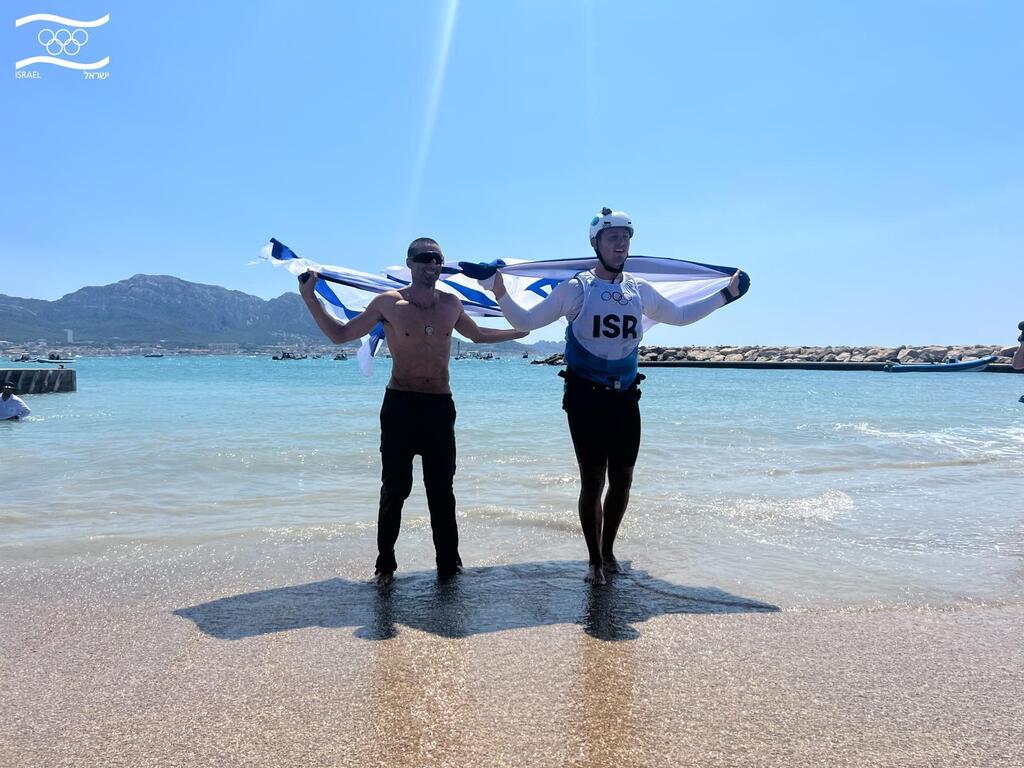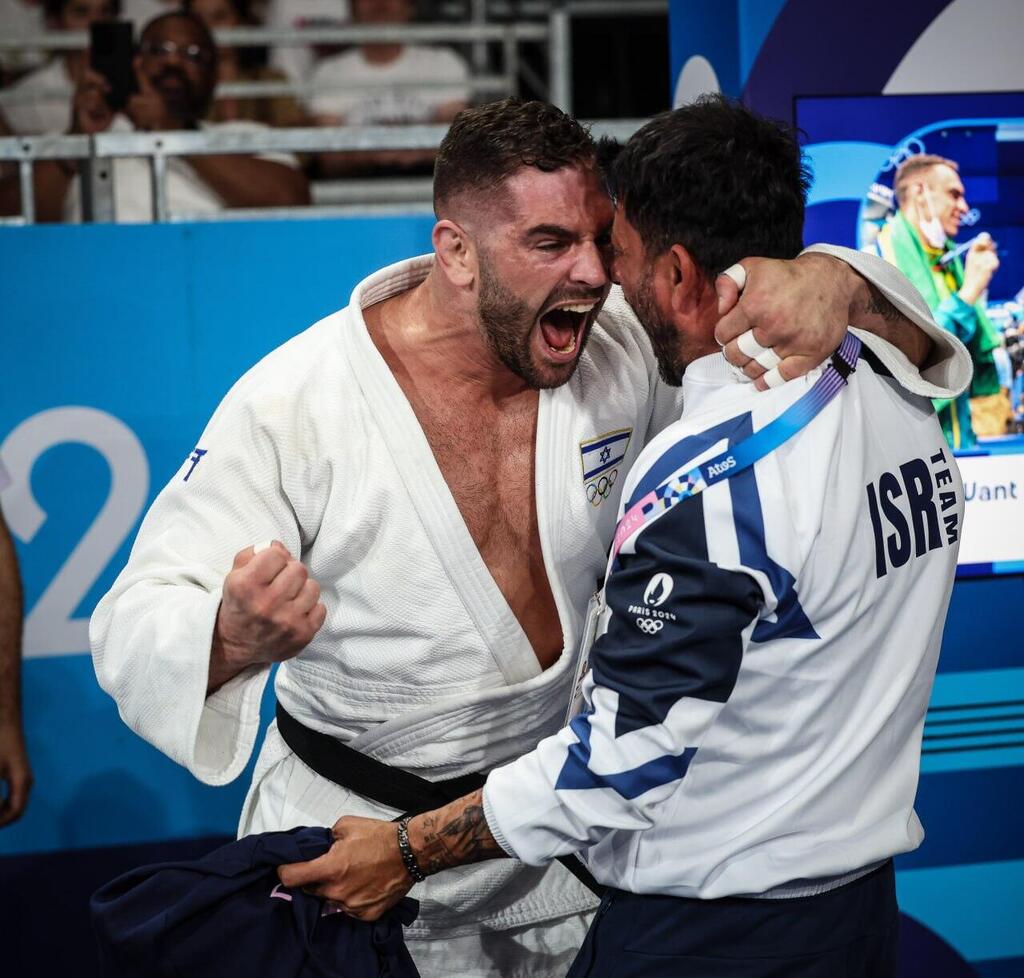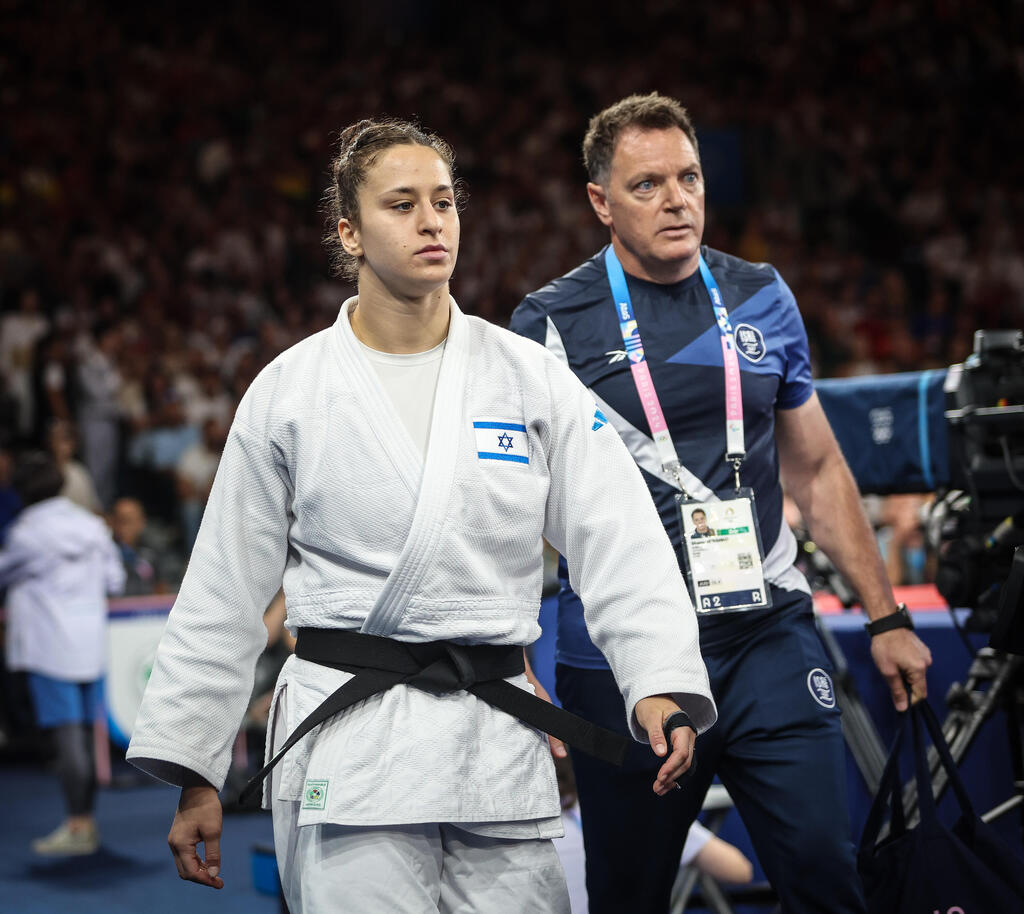Over an exciting weekend, Israel made history by winning six Olympic medals in three different sports, a feat not achieved by chance but through intense preparation dating back to before the 2016 Rio Olympics.
With the games still ongoing, Israel boasts an Olympic champion, four silver medalists and one bronze, raising the question: How did Israel become a sports powerhouse?
The psychological aspect of these Olympic Games is crucial, as Israeli athletes are competing while the country is at war, facing unprecedented threats. This challenging environment has led to enhanced security measures for the delegation and may have bolstered the athletes’ determination to lift the nation’s spirits.
The Israeli delegation’s expectation to win medals was well-founded. Athletes have been rigorously preparing since the Tokyo Olympics, consistently raising the bar and honing their skills. Success in the Olympics reflects participation in international competitions, necessary for qualification.
For example, Anastasia Gorbenko placed tenth in the 400-meter individual medley but has secured gold and silver medals in European and world championships, illustrating that achievements in 2022-2023, with ten gold medals, are double those of any previous Olympic campaign.
In preparation for London 2012, Israel’s athletes won four gold medals, five before Rio, four before Tokyo, and ten before Paris. This marks the most successful campaign, with 43 medals in qualifying competitions over two years, compared to 21 before London, 22 for Rio, and 25 for Tokyo. The Olympic Committee's forecast of four or five medals in Paris, with participation in 15-18 finals, proved conservative, as Israel surpassed expectations.
3 View gallery


Windsurfer Tom Reuveny (right) and coach Gal Fridman
(Photo: Israel Olympic Committee)
This year’s Israeli delegation is considered the best yet, featuring four reigning world champions: Artem Dolgopyat, Inbar Lanir, Sharon Kantor (who all won silver), and the gymnastics team set to compete soon. Israeli sailing and judo shine in Paris, although the country hasn’t won an Olympic sailing medal since Shahar Zubari's bronze in Beijing 2008.
After sending former medalists Zubari and Gal Fridman to Tokyo 2021, fresh talent emerged, with Tom Reuveny (gold) and Sharon Kantor (silver) leading the way. The entire Israeli sailing team watched from Marseille's beach as these young athletes made history, like one big family.
Unlike Israeli soccer, where choices often hinge on connections, Olympic decisions are purely professional. Coaches are experts, some Olympic medalists themselves, such as Fridman, Zubari and Oren Smadga.
Sergey Vaisburg, Israel’s acclaimed gymnastics coach since 2005, shaped Artem Dolgopyat, Israel's top male gymnast, to win gold in Tokyo and silver in Paris. Ayelet Zussman, a former gymnast and rhythmic gymnastics coach, guided Linoy Ashram to gold in Tokyo and built a team poised for more. Shany Hershko, the women’s judo team coach, celebrates silver medals by her niece, Raz and Inbar Lanir in Paris.
Financial backing plays a significant role, with the Culture and Sports Ministry increasing the sports budget by 30%, leading to improved resources for athletes, including access to doctors and psychologists. Each team received at least double the support compared to Tokyo.
Remarkably, Israel is among the leading countries in medals relative to its size. These Olympics prove that investing in sports yields dividends, yet maintaining high standards is essential. Given that professional sports in Israel cater to the wealthy, investment in the periphery is vital. Many potential medalists may have been overlooked, and it is the state’s responsibility to identify and nurture these talents.
Israel's sports achievements stem not just from funding and athletic prowess but a data-driven strategy for long-term development. The Olympic Committee and Sports Ministry have implemented multi-year strategic planning, data-driven decision-making, full-time analyst hiring and excellence evaluation to pinpoint areas with success potential.
An international consultancy aids in budget examination, and a new budgeting approach based on data is planned for Los Angeles 2028 to enhance Israel's accomplishments further.




